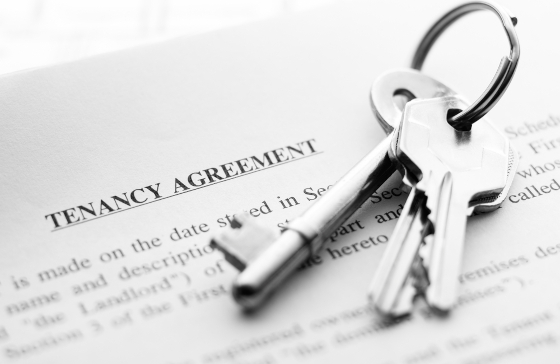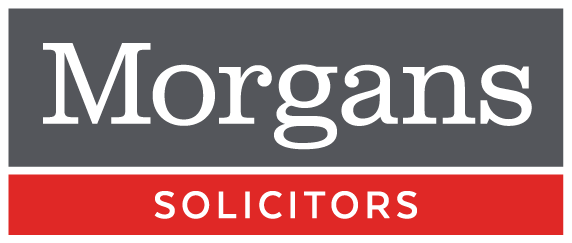
The Scottish government introduced new regulations for private landlord registration that came into effect in September 2019. Although private landlord registration had been mandatory in Scotland for several years, these new regulations expand the information landlords must provide to the government. These requirements apply to individual landlords as well as trusts, charities, and companies. In this article we hope to give you an understanding of the private landlord registration rules in Scotland.
Information Required from Individual Landlords
If the landlord is an individual, the regulations now require basic information. This consists of the landlord’s name, address, and date of birth. In addition, landlords must disclose whether they have gone by any other name, details of their past addresses for the previous five years. Landlords also must disclose whether they have been convicted of a crime or issued with an anti-social behaviour order.
If the property is owned jointly, the landlord must also provide the joint owner’s details. All landlords, including individuals, must provide their contact number and email address. This means all named persons on the title deeds of a rented property must all register as landlord and have a landlord registration number.
Additionally, landlords must indicate if they have any license, accreditation, or registration in relation to letting property in the UK. They also have to disclose whether any of these have been refused or revoked.
Information Required from Non-Individual Landlords
For non-individual landlords, the regulations require that they disclose whether they are a charity or trust. In addition, if the landlord is a company, the company registration number.
Requirements for the Property
As well as information about the landlord, the new regulations require information about the property itself. Landlords must confirm that the property meets the tolerable and repairing standards. They must also confirm that the property complies with the Gas Safety (Installation and Use) Regulations. If the property has a private water supply, the landlord must confirm it meets the Water Intended for Human Consumption (Private Supplies) (Scotland) Regulations 2017.
Landlords must also confirm that the tenant has been given a copy of the EPC (Energy Performance Certificate), the Gas Safe record, and the Electrical Inspection Condition Report. If the property is part of a tenement building, landlords must declare that there is adequate buildings insurance in place. They also need to confirm they are aware of their obligations in relation to common repairs and maintenance.
If the property is an HMO (House in Multiple Occupation), landlords must confirm that it is licensed. Finally, landlords must confirm that relevant legionella risk assessments have been carried out. If any issues arise as a result of that assessment, they must confirm that the necessary steps have been taken to remedy these.
Marketing and Deposit Requirements
Finally, landlords must confirm that any advertisements for the property included their registration number and the EPC. If the tenancy falls under the Tenancy Deposit Scheme (Scotland) Regulations 2011, landlords must confirm that the deposit has been lodged with an approved scheme or will be lodged within the relevant time frame.
What do the private landlord registration rules mean for private landlords?
The private landlord registration rules in Scotland are much more extensive than before. They now require landlords to provide detailed information about themselves, their properties, and their tenants. Failure to comply with the regulations can lead to penalties. These include being prohibited from renting out the property. It’s important that landlords are aware of these new regulations and to comply with them to avoid any legal issues.
We have a dedicated lettings department and our team will advise you on the registration requirements. We can also help you find tenants and to manage your lettings. If you would like to discuss anything lettings related, please get in touch.

